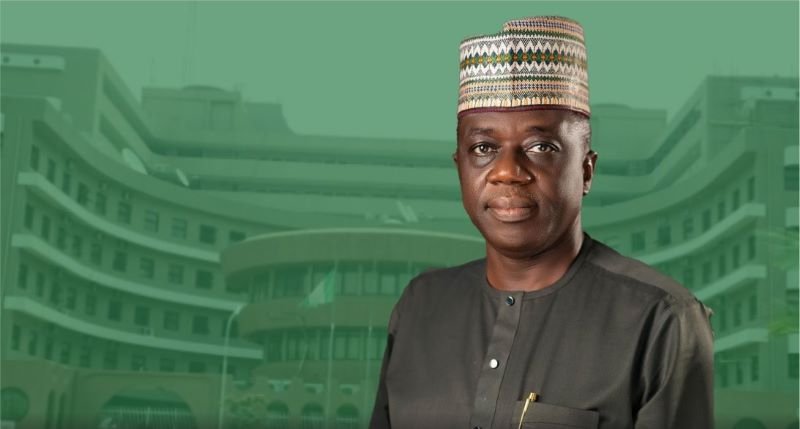THE Federal Government’s 2025 capital budget is yet to take off more than eight months into the fiscal year, with ministries, departments, and agencies (MDAs) struggling to implement projects after the Accountant-General of the Federation (OAGF) suspended the uploading of cash plans, a move that may force the 2025 budget to roll over into 2026.
News Point Nigeria reports that the deadlock was revealed at a high-level stakeholders’ engagement in Abuja on Wednesday, convened by the OAGF to review progress and challenges in executing both the extended 2024 capital budget and the current 2025 budget under the Bottom-Up Cash Planning Policy (BUCPP).
Under the BUCPP, MDAs must submit monthly cash plans, detailing project costs and timelines via an online portal.
These plans are consolidated by the OAGF and sent to the Ministry of Finance for approval, after which warrants are issued and uploaded back to the portal before payments can be made directly to contractors or suppliers.
However, since May 2025, the cash-planning portal for new contracts has been locked, preventing MDAs from initiating the process.
This has frozen capital project execution, delayed contractor payments, and left procurement timelines in disarray.
“We are complaining that the platform has been blocked since none of us could upload our cash plans since May,” a director-general in the health sector told this newspaper on condition of anonymity.
However, the Accountant-General of the Federation, Shamseldeen Ogunjimi insisted the lock was part of fiscal discipline measures, warning MDAs against awarding contracts simply because they are budgeted for, without secured cash backing.
“Without a warrant, no MDA is allowed to award a new contract or process any capital payments in the GIFMIS platform,” Ogunjimi said, blaming some agencies for prioritising staff-related costs and mobilisation fees over ongoing and completed projects.
He assured that commitments already captured on the platform would be honoured but stressed that any “new entrance” after the portal reopens would undergo the revised process.
Finance Minister, Wale Edun reinforced the message, stating that no award letters, contracts, or obligations should be issued without corresponding warrants and Authorities to Incur Expenditure (AIEs).
“The BUCPP is designed to make the payment system more rigorous, more transparent, more accountable,” Edun said, noting that funds would go directly to contractors, eliminating middlemen.
Budget Office Director-General Tanimu Yakubu revealed that Nigeria had lost almost 60% of its gross oil revenue under the Petroleum Industry Act (PIA) 2022, which diverts substantial funds to the NNPC and the Frontier Exploration Fund.
Oil prices and production shortfalls worsened the problem in early 2025, forcing the government to categorise projects into priority tiers.
Yakubu disclosed efforts to amend the PIA to recover part of the lost revenue and confirmed that not all loans under the 2024 borrowing plan had been raised, further straining funds for the 2025 budget.
The Bureau of Public Procurement (BPP) and the Auditor-General’s Office pledged stricter enforcement of planning and compliance rules, capping mobilisation fees at 30% and limiting selective tendering.
Auditor-General Shaakaa Chira warned that accounting officers would be held personally accountable, while the Revenue Mobilisation Allocation and Fiscal Commission pushed for more aggressive tax reforms to plug leakages.
At the meeting, agriculture officials warned that delays in warrant approvals could derail seasonal projects like fertiliser distribution, while others complained that contractors now reject award letters without confirmed cash backing.
Some participants noted that delays between budget approval and release often render constituency projects obsolete before funding is secured.
Despite the lengthy engagement, the OAGF provided no date for reopening the portal for 2025 cash plans. Senior officials privately acknowledged that a rollover into 2026 was “on the table,” mirroring the controversial extension of the 2024 capital budget until December 31, 2025, a move criticised by economists as setting a dangerous precedent.
Development economist, Dr Aliyu Ilias warned that running two capital budgets concurrently could foster duplication and weaken transparency. “It distorts the budgetary process,” he said.
For now, many MDAs continue to operate under the extended 2024 budget, with contractors and workers waiting for payments and the 2025 budget stalled before it truly began.







